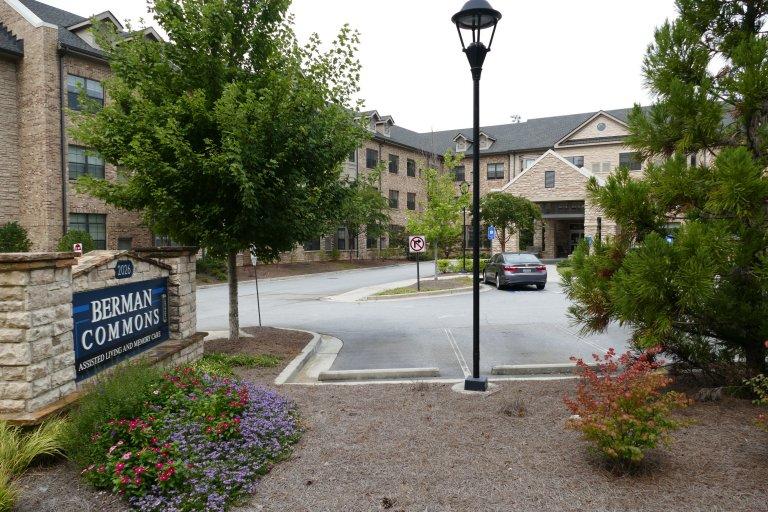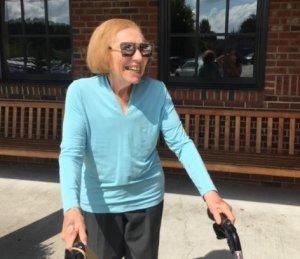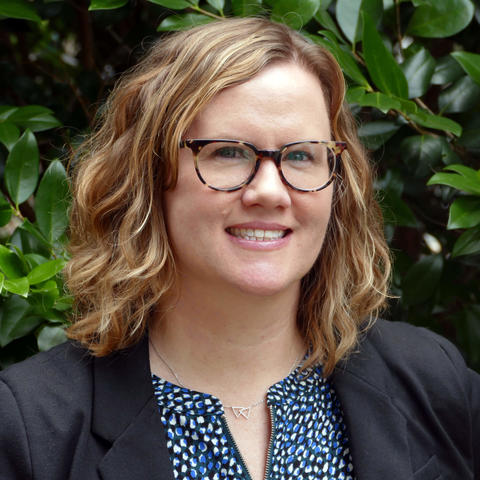
Caption
Gov. Brian Kemp last week established a phased process to allow visitors into senior care facilities. Berman Commons in Dekalb County is one of many Georgia assisted living facilities that will struggle to meet reopening requirements outside their control.
Credit: John McCosh


